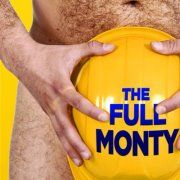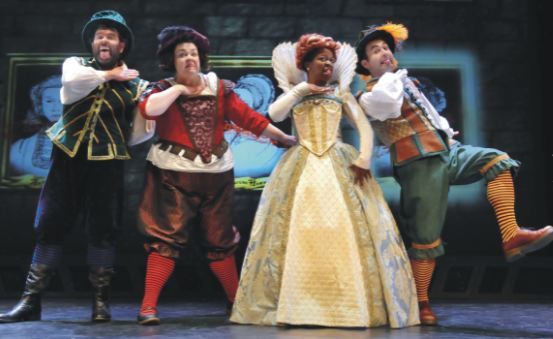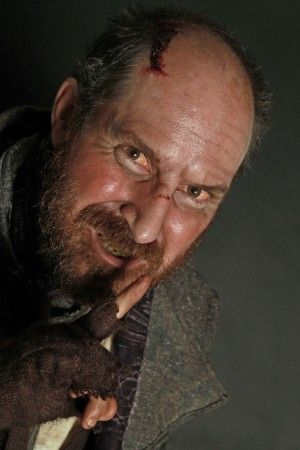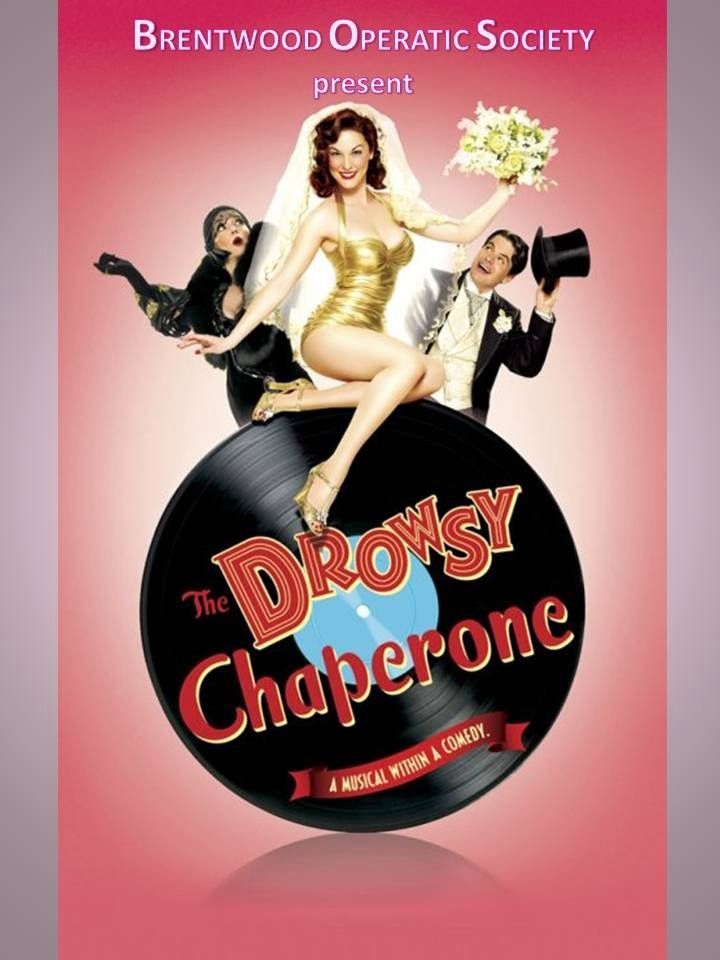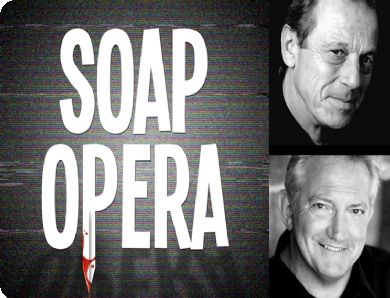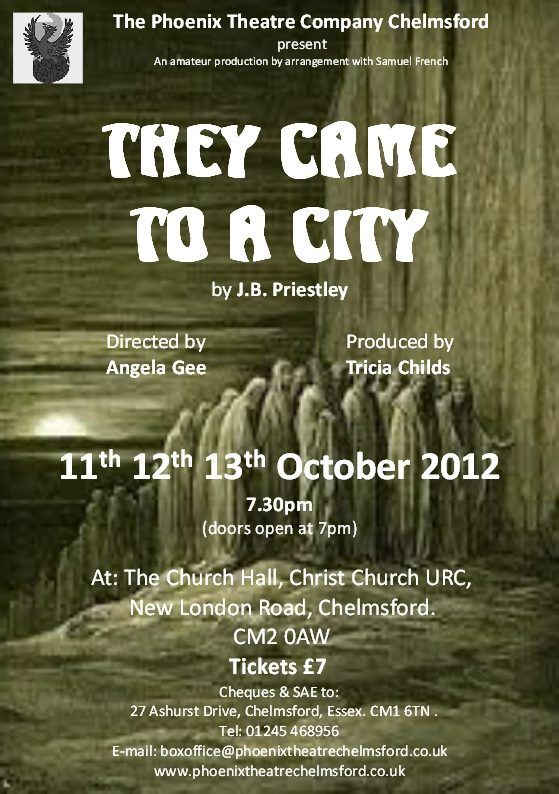The Full Monty
Saturday 27th October 2012
Closely based on the original British film of the same name, David Yazbek's musical version of The Full Monty translates the action across the pond to Buffalo, NY. Much more than a strip show, The Full Monty offers a witty and insightful script as well as a host of catchy numbers in a well-rounded full scale musical.
This production was technically extremely slick. The numerous scene changes that weave the plot around various locations were neatly dealt with using black backcloths and some well-designed set pieces (including a car!), unobtrusively manoeuvred by the organised crew. Each scene was thoughtfully lit helping to differentiate the locations and, most importantly, the final blinding flash of the backlight - which is the sole protection against the performers modesty in the final second of the show - was perfectly timed.
Richard Harrison took on Jerry, the unemployed Buffalo steel worker with child maintenance debts and the entrepreneurial vision to initiate the amateur strip show. His smooth, powerful singing voice was perfect for the challenging range of songs required by this lead role - effortless and consistent with a particularly impressive falsetto. To pull off this part Jerry needs to be a realistic character - someone to whom the audience can relate, and with whom they can sympathise - a depth of characterisation that Richard managed to convey with confidence and charm, developing a particularly adorable relationship with son Nathan (an assured, natural Callum Yeoman).
His best friend Dave, played by Simon Lambert, is just as complex a character with issues of his own, which needed a little more conviction to establish the emotional storyline with wife Georgie (a very likable portrayal by Kathy Clarke, with a beaming smile). Simon delivered his comedic scenes very well however, and the chemistry built with Jerry made them convincing friends, delivering an excellent number with "Big Ass Rock". Neil Lands played uptight ex-boss Harold, sharp suited and particularly capable in his comic delivery - if a little less convincing in his role as ballroom dance expert. His effervescent and glamorous wife Vicki was taken on by the charismatic Danielle Jameson, who was fantastically entertaining but needed more clarity in her diction at times. Paul Standen took on the "Big Black Man" role of the elderly Horse in a very funny portrayal. His gorgeous, rich voice was quiveringly enjoyable and suited his song perfectly. The geeky, closeted Malcolm was characterised by Peter Brown in an excellently pitched interpretation that placed the captivating mummy's-boy straight into the depths of the audience's heart. Peter produced a truly tear-jerking performance at Malcolm's mother's grave with the beautiful "You Walk With Me", and there was a swell of joy through the auditorium when he and Ethan (delightfully played by the charming David Shipman) held hands to complete the number. Jeanette, a bizarre character, inserted perhaps to help us believe in the success of the final number, was played by Helen Sharpe. Helen was completely brilliant in her delightfully throwaway characterisation of the hilarious old timer, who despite being unashamedly shoe-horned into the plot is an integral source of comedy in the dance rehearsals.
There is an essential realism in all of the characters that provides the basis of the show's success, and Director Sallie Warrington has led an entire company of talented members to create a well polished, thoughtfully developed production. The action is integrated through a series of excellently delivered musical numbers, led by Musical Director Stuart Woolner who also conducted the consummate band.
However much the plot is understood and enjoyed for it's emotional layers and witty dialogue, there is no escaping the fact that the six courageous gentlemen who take on the lead roles will have to give the audience what the majority of them came for... Whooping, cheering and almost baying for blood by the time the final scene arrives, the excitable (mostly female) house must be an intimidating audience. Full of confidence however, and having created a charming group of lovable characters by that point, these gents seemed to relish in the reveal. A very entertaining production, LODS should once again be proud of their achievement. I look forward to their interpretation of The Drowsy Chaperone next year.




